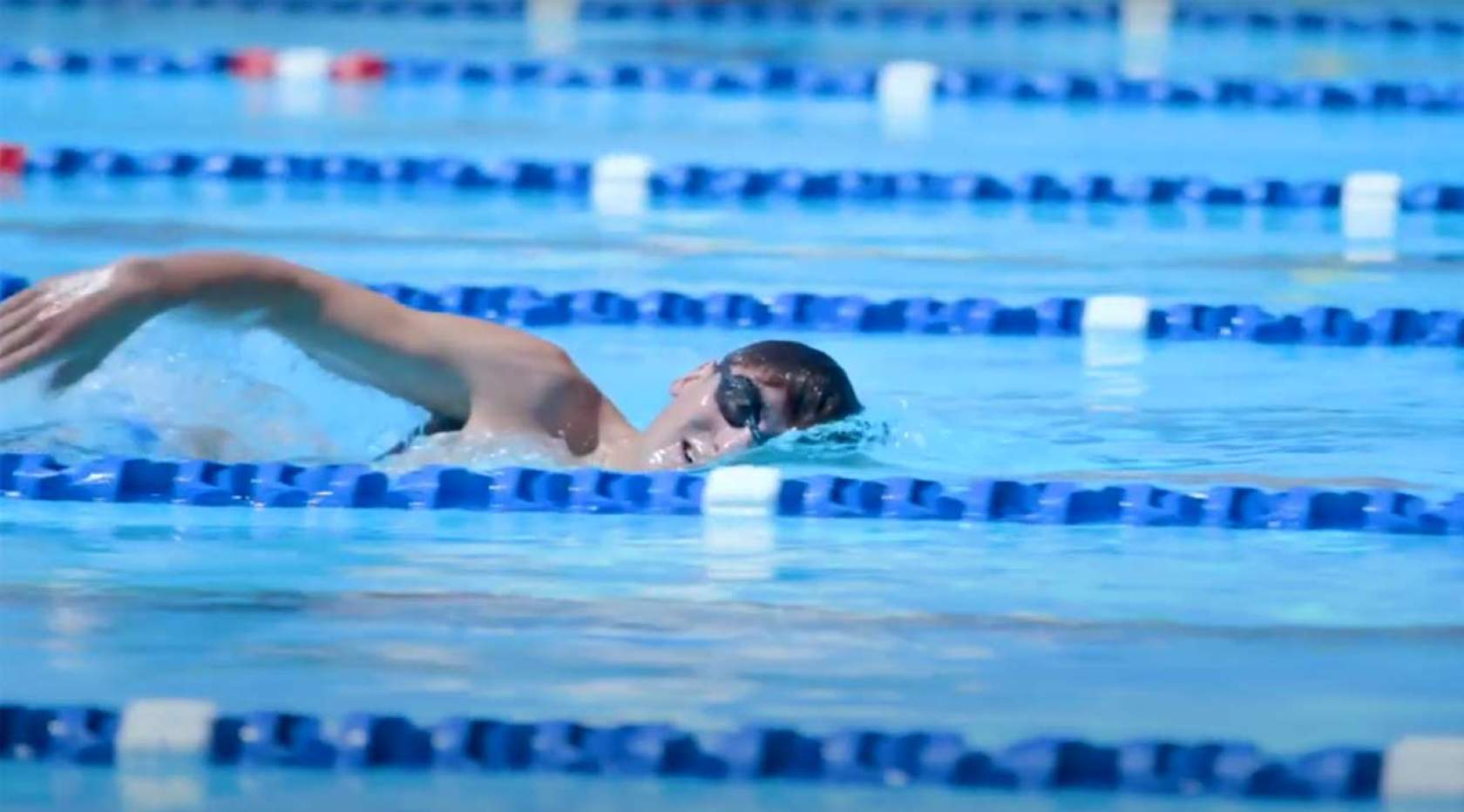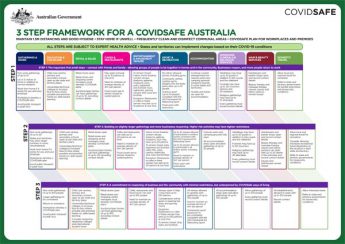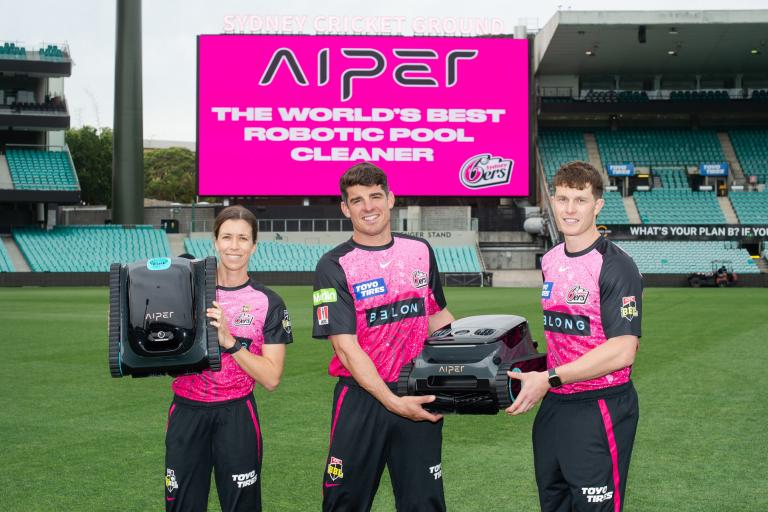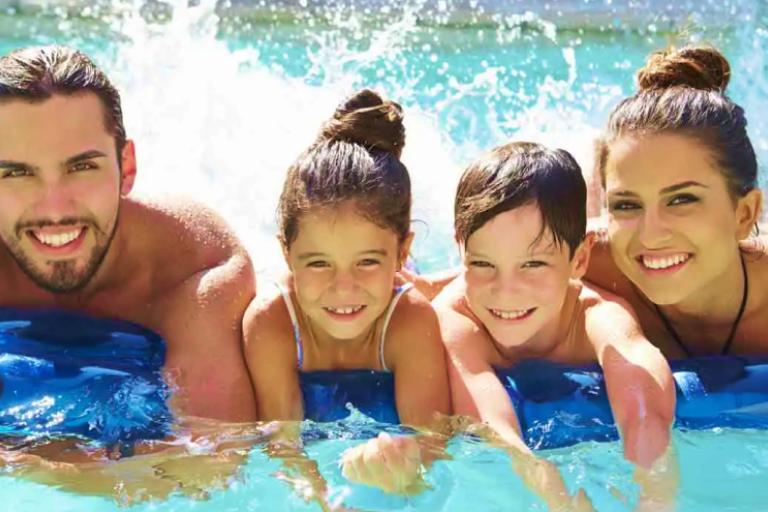Public pools to reopen – what you need to know

Public swimming pools are listed to be opened in Steps 1 and 2 of the Federal Government’s 3-step reopening strategy. Check with your local authority to be aware of your particular circumstances - see below of a link to state and federal Covid-19 restrictions.
As public aquatic centres will start to open in some areas, SPASA Australia has provided some guidance to assist management of public pools, aquatic centres and body corporates.
See also these two more recent stories.
/assets/advice-on-requirements-for-re-opening-public-pools/
/assets/rls-provides-advice-on-life-support-during-the-covid-crisis/
Examples of what may constitute a public pool or aquatic centre are:

▪ Community and municipal (council) pools
▪ Backpackers’ hostels
▪ Caravan and camping parks
▪ Exhibition pools
▪ Gymnasiums, health & fitness studios
▪ Hospitals and hydrotherapy centres
▪ Prisons
▪ Private clubs
▪ Resorts, hotels and motels
▪ Retirement villages
▪ Schools and universities
▪ Sports and leisure centres
▪ Swim schools and workplaces
SPASA Australia and PASA NZ have outlined some key considerations for the safety of those who operate, manage, and use these facilities.
Public safety
Public pools, aquatic facilities and body corporates have a responsibility to those who operate, manage and use facilities against harm to their health, safety and welfare through the elimination of foreseeable risks, whether facilities are open or closed.
In event of an incident, public pools, aquatic facilities, and body corporates may be exposed to legal or other interventions if a person was injured or infected through their action or inaction. This may include not properly maintaining a pool and /or spa and their surrounding environments.
Encourage behaviours that prevent the spread of Covid-19
▪ Implement a hand hygiene program for staff, patrons, and swimmers
▪ Ensure adequate cleaning supplies (soap, hand sanitiser and paper towels) are stocked to support good hygiene.
▪ Affixing signage at centre on how to stop the spread of Covid-19
▪ Broadcast regular announcements reiterating social distancing and how to stop the spread (e.g. PA system or staff-initiated reminders)
Water quality
Without proper ongoing pool and spa maintenance (which includes circulation and treatment of water) various pathogens can grow, such as Pseudomonas, Cryptosporidium, E. Coli, Shigella, etc. It can also create a breeding ground for mosquitoes, other pests and the diseases they may carry, which presents a risk not only to bathers but to entire communities.
Operators have an obligation to prevent the transmission of infectious diseases, helping maintain community health, and ensuring public safety by maintaining pools and spas in accordance with standards
Untreated water can also lead to significant and costly consequences to the pool and/or spa interior and associated equipment if left unattended.
Maintaining healthy environments
To maintain a healthy environment, operators of public aquatic centres may consider:
▪ Regular cleaning and disinfection of all publicly accessible surfaces such as handrails, slides and play areas, poolside lounge chairs, tabletops, pool toys, swimming aides like kickboards, door handles, bathroom surfaces, handwashing stations, baby change stations and showers
▪ Labelling used surfaces or equipment that has not been cleaned and disinfected
Ventilation for indoor pools and enclosed spaces
Confirm that ventilation systems for all indoor pools and enclosed spaces have been checked and operating correctly and where possible open windows and doors to introduce and circulate fresh air.
Revised layouts
Consider revising centre or pool layout to ensure that in the standing and seating areas, individuals can adhere to social distancing requirements.
Physical and other barriers
Introduce physical reminders (perspex screens, floor social distancing markers) or guides for canteen and other transactional areas.
Staff training
Make sure all staff understand and are trained on all safety procedures.
Nominated point of contact
Nominate a staff member to be responsible for responding to COVID-19 concerns. All staff, swimmers and patrons should know who this person is and how to contact him or her.
Ask for assistance
Operators of public pools, aquatic centres and body corporates should contact their local authority or SPASA Australia if they have any questions while adjusting to meet the unique needs and requirements during COVID-19.
Information relevant to your business and Covid-19
- Federal: www.aus.gov.au
- Australian Capital Territory: www.aus.gov.au/covid19-act
- New South Wales: www.aus.gov.au/covid19-nsw
- Northern Territory: www.aus.gov.au/covid19-nt
- Queensland: www.aus.gov.au/covid19-qld
- South Australia: www.aus.gov.au/covid19-sa
- Tasmania: www.aus.gov.au/covid19-tas
- Victoria: www.aus.gov.au/covid19-vic
- Western Australia: www.aus.gov.au/covid19-wa
- New Zealand: www.covid19.govt.nz/latest-updates
Meanwhile, ASCTA has also released best practice guidelines for the re-opening of swimming pools.
Image: AIS Water




